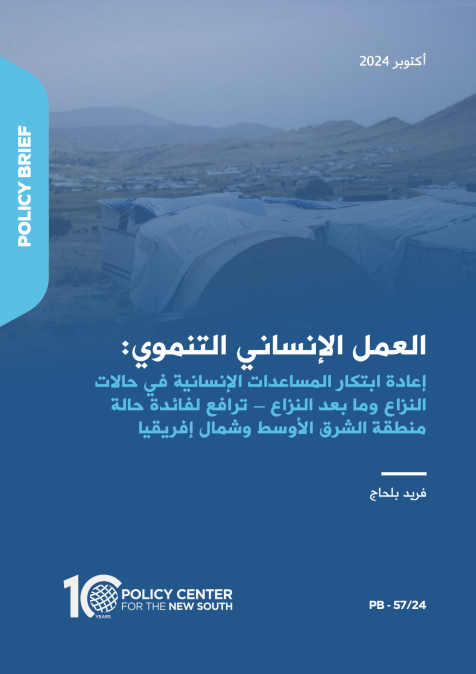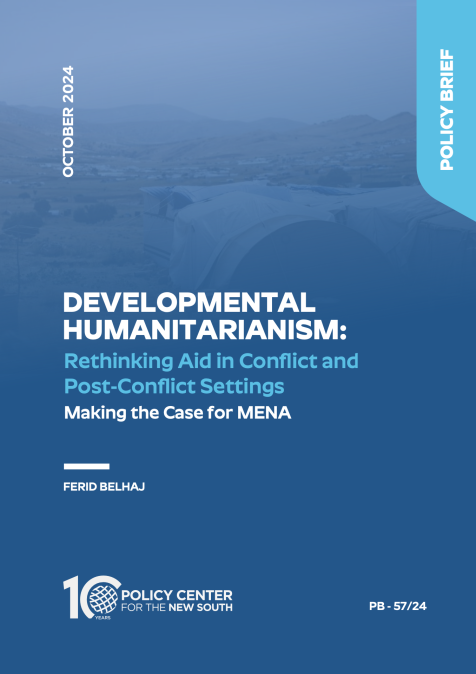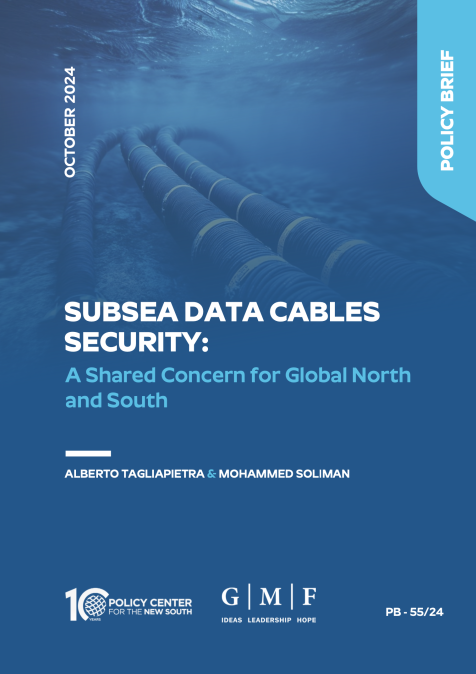Podcasts
Atlantic Future Project Outcomes – What next for the Atlantic Space?
Related topics:
This podcast is performed by Danielle Piatkiewicz. The aim of the Atlantic Future Project was to study the rationales of cooperation in the Atlantic area and to suggest strategies to the EU on how to engage with the wider transatlantic relationship in the context of the ongoing redistribution of power and the overall rebalancing of relations around and within the Atlantic space. As the project concluded in December 2016, the results and findings analysed the fundamental trends in the Atlantic basin and to show how changing economic, energy, security, human, institutional and environmental links are transforming the wider Atlantic space. What does this mean in the scope of a joint Atlantic policy?







